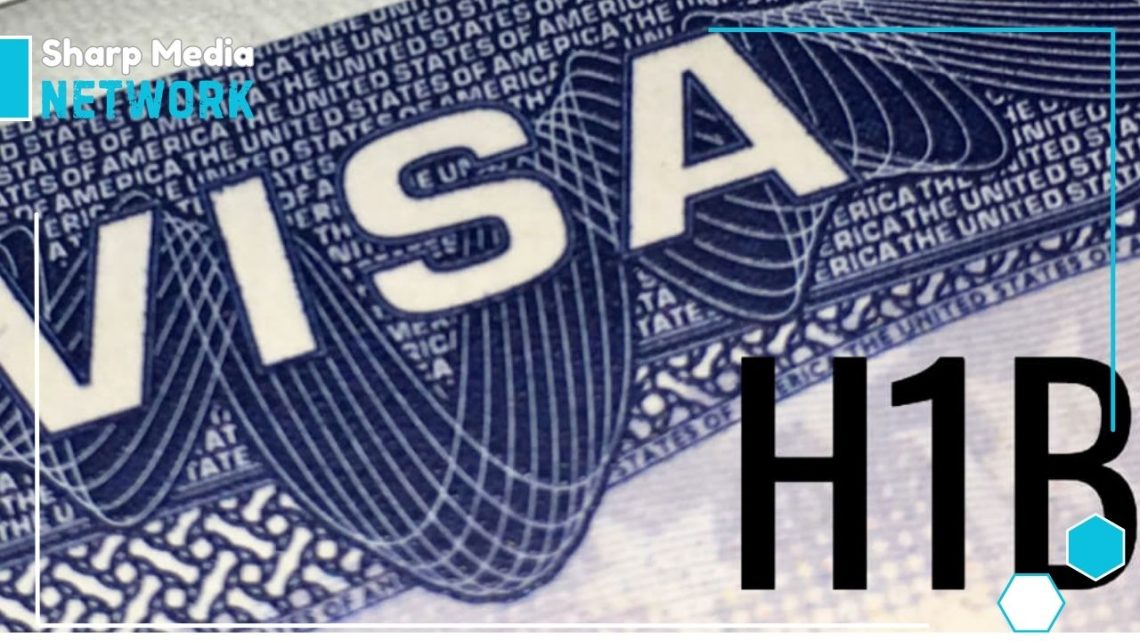
H-1B Visa Divide in US and Its Impact on Tech Business
December 30, 2024The conflict over H-1B visas highlights a crucial challenge for America’s tech industry—balancing national immigration policies with the need for skilled talent to drive scientific and technological innovation.
The debate surrounding H-1B visas isn’t just a political issue—it’s a matter of vital importance for the future of science and technology in the United States. As the debate intensifies among President-elect Donald Trump’s supporters, the divide over high-skilled immigration policies raises questions about how the U.S. will maintain its leadership in global science and innovation.
The H-1B visa program is a critical lifeline for the tech industry, allowing companies to bring in highly skilled workers, particularly in fields like artificial intelligence, engineering, and computer science. Figures like Elon Musk, CEO of Tesla and SpaceX, argue that foreign talent is essential for advancing cutting-edge technologies. Musk’s strong defense of the H-1B program reflects the growing need for specialized professionals who can contribute to breakthroughs in areas like space exploration, renewable energy, and AI development—fields where America has historically led the world.
However, Trump’s MAGA base, which calls for strict immigration control, views the H-1B program as a threat to American jobs and innovation. Hardliners argue that foreign workers undercut American engineers and take opportunities from native-born citizens. This opposition, often rooted in nationalist sentiments, clashes with the global nature of the tech industry, where talent knows no borders.
The impact on science and technology could be profound if the H-1B program is drastically reduced or eliminated. As global competition in fields like AI and biotech intensifies, the U.S. must attract the best minds from around the world to sustain its position at the forefront of innovation. Tech companies across the nation rely on the H-1B program to fill gaps in areas where American universities and training programs simply cannot meet the demand for highly specialized skills.
The tension between Trump’s anti-immigration supporters and Silicon Valley’s need for skilled workers isn’t just a political conflict—it’s a critical challenge that could affect the future of technological progress. Without a robust flow of foreign talent, America risks losing its edge in key areas of science and technology, which are increasingly crucial for global economic leadership and national security.
The outcome of this internal struggle will likely have long-lasting effects on the scientific and technological landscape of the U.S. With the stakes higher than ever, Trump’s approach to immigration could either foster or stifle future innovation in science and technology.

